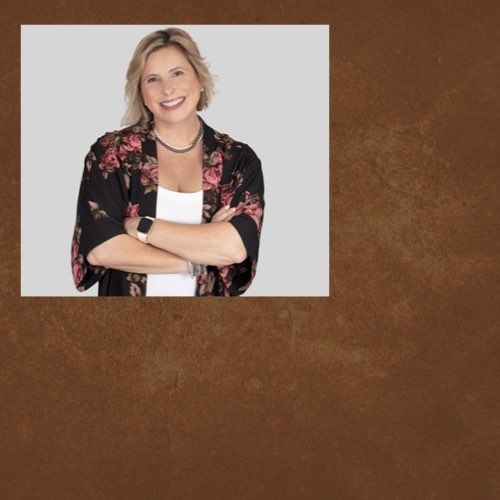
Megg comes to CFNA with over 25 years of professional experience in various sectors and with various forms of philanthropic giving and corporate partnership work, sales and marketing. Her degree in Behavioural Science coupled with her passion for community lends itself to a focus on organizations that have people and community at the core. CFNA’s work in Africa, building stronger, healthier and safer communities and the ways in which our Canadian nurses further give back to our Canadian healthcare culture are core functions that Megg wishes to drive forward with strategic fundraising plans, and a broader scope for CFNA moving forward.
The mother of four girls in their teen years, giving back, modeling volunteerism, and sharing experiences beyond their immediate scope are further important reasons why Megg is looking to make a difference as a Board Director with CFNA. Megg also serves on other boards that have a community initiative while she works full time and raises her children.
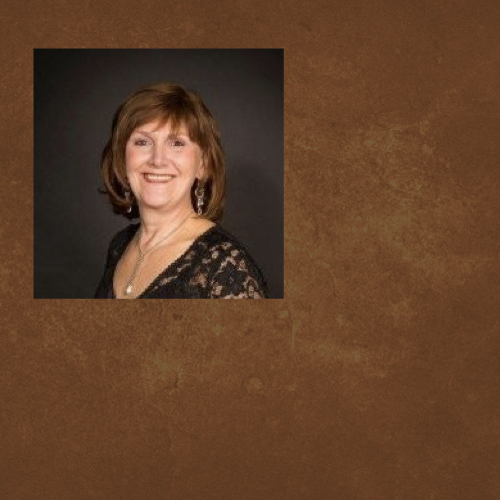
Mary has a range of experience both in the hospital and industry settings. She received her Post Masters Acute Care Nurse Practitioner diploma from the University of Toronto, and spent her nursing career in cardiology, critical care and electrophysiology, caring for patients and managing nursing and technical care teams.
She has a BSc and an MSc in science and molecular biology (also UofT). She retired from a career in clinical research with an international medical company, initially managing cardiac medical device marketing, and then later assuming responsibility for research in Canada and Latin America. She looks forward to volunteering with CNFA, and assisting wherever possible with the mission experience, data management and fundraising.
Lisa Keenan-Lindsay graduated from the University of Toronto in 1983 with her Bachelor of Science in Nursing and in 2003 with her Masters of Nursing. She has worked as a staff nurse in a pediatric ICU as well as in all areas of obstetrics (prenatal clinic, labour and birth, postpartum). Lisa has spent the last 20 years of her career working in post-secondary education, teaching nursing students. Her passion is maternal-child health and she has edited 2 Canadian nursing textbooks in this area. She is a past president of the Canadian Association of Perinatal and Women’s Health Nurses (CAPWHN).
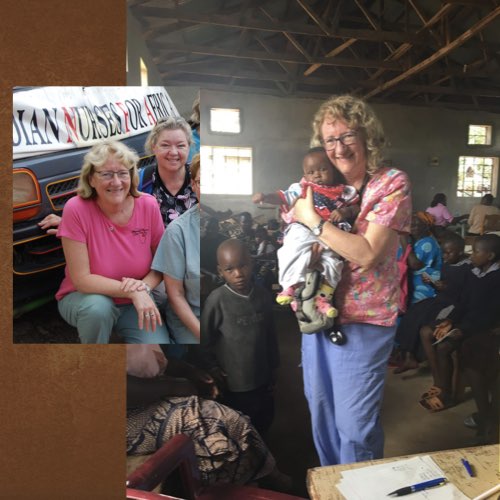
Trish has sat on the CNFA board of directors since 2011 and served as Treasurer from 2013 to 2015. Trish has been a member of five past medical mission, as part of the lead team. Present and past nursing experience includes Geriatrics, Emergency medicine, Intensive Care and Public Health. Trish also serves on the BOD of the Geriatric Nurses Association of Ontario, Hamilton chapter.
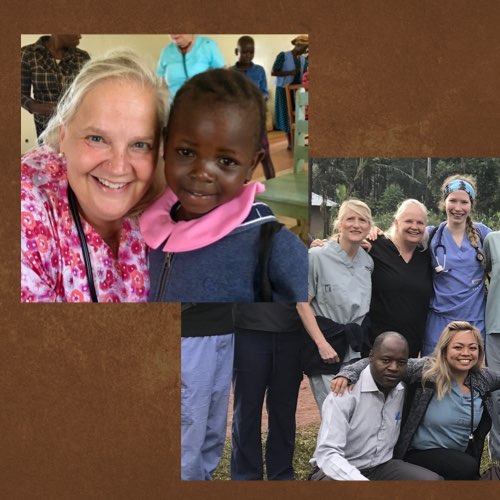
Trained as a Primary Care Nurse Practitioner, Nancy has had a wide and varied nursing career mostly in paediatrics at the Hospital for Sick Children in Toronto. Her experience includes Paediatric Critical Care, Emergency as well as providing care to adult patients with cardiac issues. She provides primary care of patients at a Nurse Practitioner Led Clinic (NPLC) and is Director of Health and Wellness at a summer camp in Ontario.
She has lived overseas, providing humanitarian work in the country of Ghana. Currently she is working at Sunnybrook Health Sciences Centre as part of the COVID-19 response at the Assessment Centre, working with Infectious Diseases and managing COVID patients at home as well as vaccinating.
Nancy has a Masters in Nursing, is an adjunct lecturer at the University of Toronto Bloomberg School of Nursing and has been a clinical instructor at the university level for many years.
She has a passion for women and children’s health in low income settings and conflict areas. She volunteers at a Refugee Health Centre and also for Global Medic, a global disaster relief organization. She has been to Kenya with the 2019 CNFA Medical Mission.
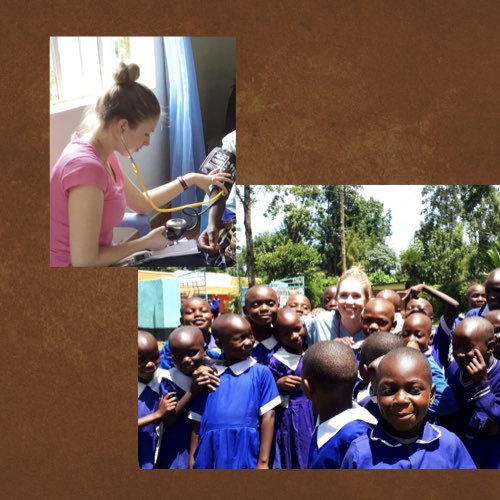
Meaghan graduated with a BScN in 2011 and is currently pursuing graduate nursing studies. Meaghan has been involved in CNFA since 2018 and has been on the past two medical missions. She has work experience in internal medicine, surgery, surgical oncology, and critical care. Meaghan is excited to have joined the BOD and brings a strong passion for nursing and helping her community.
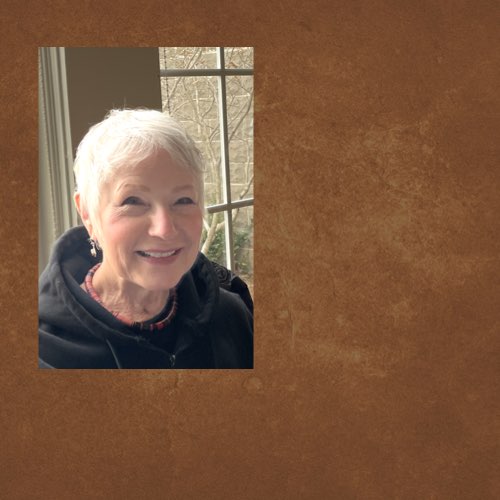
Thirty+ years of experience helping organizations to set – and achieve – specific goals in international and domestic markets. Specialist in helping organizations to make sound decisions based on research, analysis, due diligence, feasibility studies and strategic partnerships.
Significant professional experience in international development, organizing and leading trade and investment missions to and from various countries and regions of the world.
Currently focused on Volunteer work. In addition to joining to the Board of Canadian Nurses for Africa in 2022, I also serve as a Volunteer Advisor with the Canadian Executive Services Organization (CESO), a non-profit agency funded primarily by the Government of Canada. This involves providing time and energy to advance social and economic change working in partnership with international organizations.
Also focused on work with the Rotary Club of Oakville Trafalgar as a member of the International Service Committee and the Club’s Board of Directors, as well as fundraising initiatives.
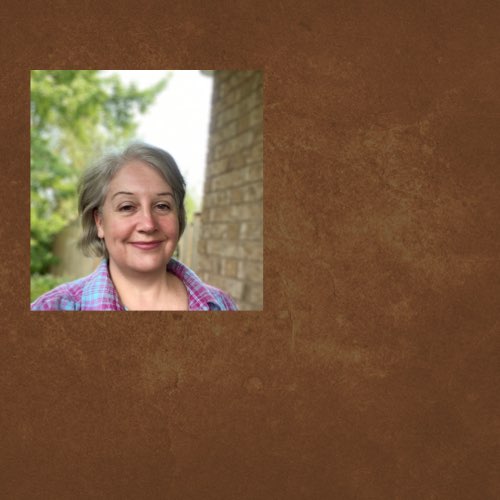
Jacinda is one of the newest CNFA board members. Currently, she relishes the challenges in her role as a staff accountant with Henderson Roller Smit Professional Corporation in Oakville. Her skills developed over the past 10 years in public accounting will help CNFA meet its goals and support the organization’s clinical missions to Kenya. She is excited to join the board and is looking forward to the rewards of being one of such a dynamic group of women.
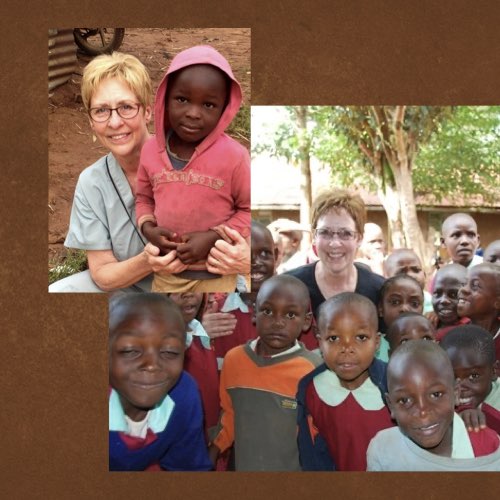
Gail worked as a front line hospital nurse in hospitals across Canada, as well as Northern Outpost Nursing in remote communities of Ontario and Manitoba. She worked in many areas including Neurosurgery, Trauma, ICU and the Emergency Department. As well, Gail has volunteered in a variety of capacities with an array of community organizations.
In 2007 Gail became acutely aware of the poverty and lack of health care in Western Kenya. Deeply moved to make a difference, she founded Canadian Nurses for Africa with the intent to provide free medical care to the people of these communities. As Team Leader, Gail has lead ten successful medical missions to Kenya. She also oversees the implementation and monitors the public health programs.
After ten years of development in the Kakamega and Vihiga regions of Kenya, there is a marked improvement in the overall health in these communities, which local people and leaders attribute to the health care provided by Canadian Nurses For Africa. Gail stepped down from the President’s role in 2021 and the board of directors in 2022. She remains a valuable resource to the board of directors and is now an honorary board member.
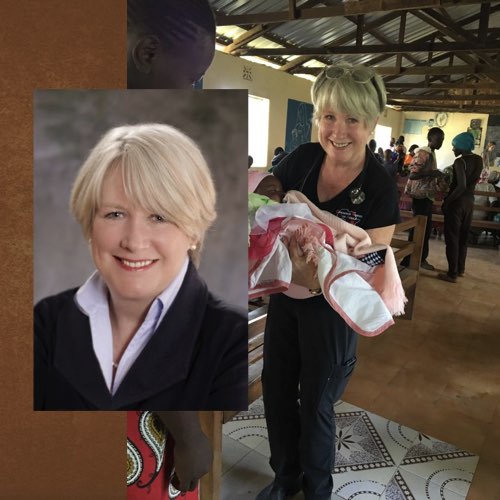
Trained as a primary care and acute care nurse practitioner (NP), Patti has worked in a wide range of nursing roles throughout her career, mostly in acute care and ambulatory care cardiology settings. She also has experience in emergency and walk-in clinic settings.
Patti completed her PhD in Nursing (University of Toronto), where she developed and tested a NP intervention for patients following heart attack. Following her PhD she completed a two-year postdoctoral fellowship with the Canada Research Chair for Health Interventions.
In her most recent position as a Nurse Scientist, in partnership with McMaster University, she developed an innovative approach to improve patient care by teaching healthcare providers how to integrate research and leadership activities into their practices. Currently Patti is taking time off from her academic work to pursue activities such as the CNFA medical mission work in Africa and becoming a competitive dressage rider. Patti is very excited about being a member of the CNFA team and hopes to contribute to the success of future missions.